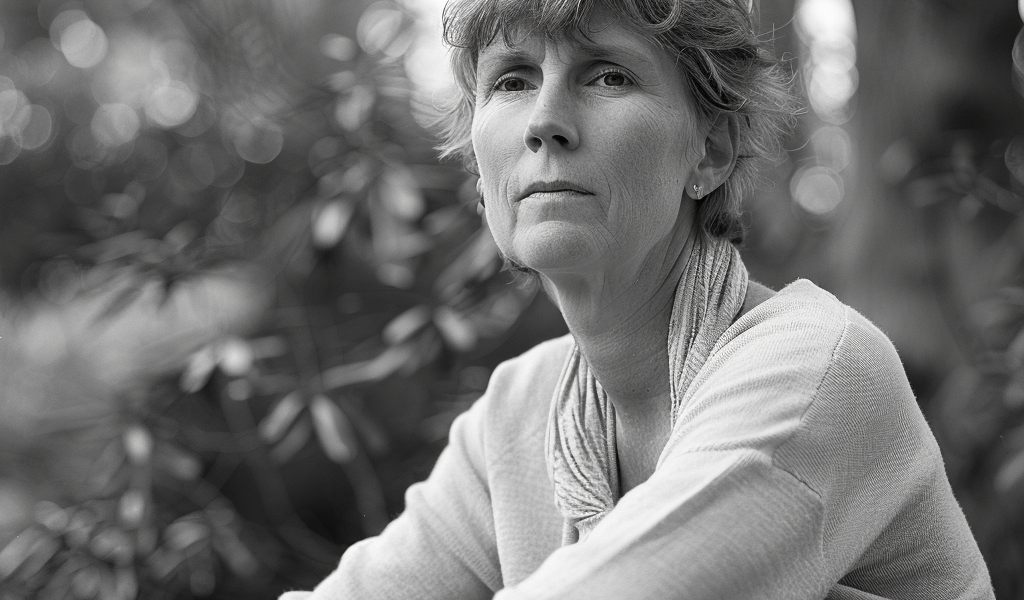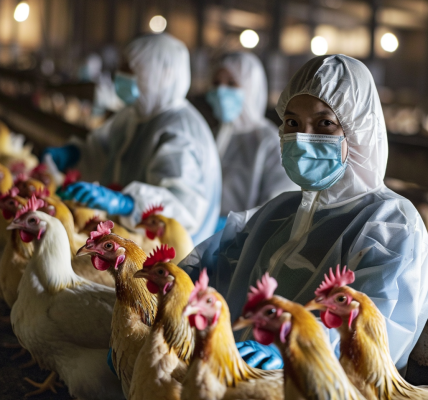A mother of one has faced an extraordinary health battle after being diagnosed with two rare forms of cancer within a mere six weeks. Hayley Shaw, a 44-year-old from the UK, experienced debilitating pelvic pain and heavy periods, leading her to seek medical attention. In June 2023, doctors discovered two cancerous uterine polyps, which resulted in a diagnosis of a rare type of uterine cancer, typically seen in women over the age of 70.
Following her diagnosis, Hayley was advised to undergo an induced menopause and a hysterectomy, a procedure that would eliminate her chances of having more children. After the surgery, which involved the removal of her uterus, cervix, both ovaries, and both fallopian tubes, she returned home to recover. However, her relief was short-lived as she began experiencing further health issues.
In August 2023, Hayley was admitted to a hematologist who identified abnormal lymphocytes in her blood. This led to a diagnosis of hairy cell leukaemia, a rare blood cancer characterized by the presence of hair-like projections on the surface of the cancerous cells. Tests revealed that an alarming 91% of her bone marrow was occupied by leukaemia cells, with 69% found in her bloodstream.
Describing the situation as surreal, Hayley reflected on the emotional toll of receiving such life-altering news. ‘It felt like a bad dream,’ she said. Previously, she had led an active lifestyle, working in image consultancy and engaging in various physical activities. Now, she faces a drastically changed reality.
Hayley underwent her first round of chemotherapy in November 2023 and is currently awaiting a biopsy to assess the progression of her leukaemia. Depending on the results, she may require additional chemotherapy treatments. For her uterine cancer, she will need regular check-ups every six months to monitor her bladder for any recurrence of polyps.
Despite the physical challenges, Hayley has also had to navigate the emotional and psychological impacts of her diagnoses. As a single mother, she has been acutely aware of how her health struggles affect her 10-year-old son. ‘It has been incredibly hard for both of us,’ she admitted. ‘I tried to shield him from the worst of it, but he found out and it was traumatic for him.’
Throughout her journey, Hayley has encountered feelings of isolation, describing experiences of what she terms ‘cancer discrimination’ and ‘cancer ghosting.’ She expressed disappointment in some friendships that faded during her illness, stating, ‘It’s disheartening when people you thought would be there for you disappear.’
As she continues to face her health challenges, Hayley remains hopeful and is grateful for the support she has received from others who have experienced similar conditions. She emphasizes the importance of community and understanding in times of crisis.
Looking ahead, Hayley’s treatment plan will depend on her body’s response to the current therapies. She is determined to remain proactive in her health journey, advocating for herself and staying informed about her conditions.
Hayley’s story serves as a reminder of the resilience many individuals must summon in the face of life-altering health challenges. Her courage in sharing her experience sheds light on the complexities of battling cancer, especially as a parent, and highlights the need for compassion and support within communities.





